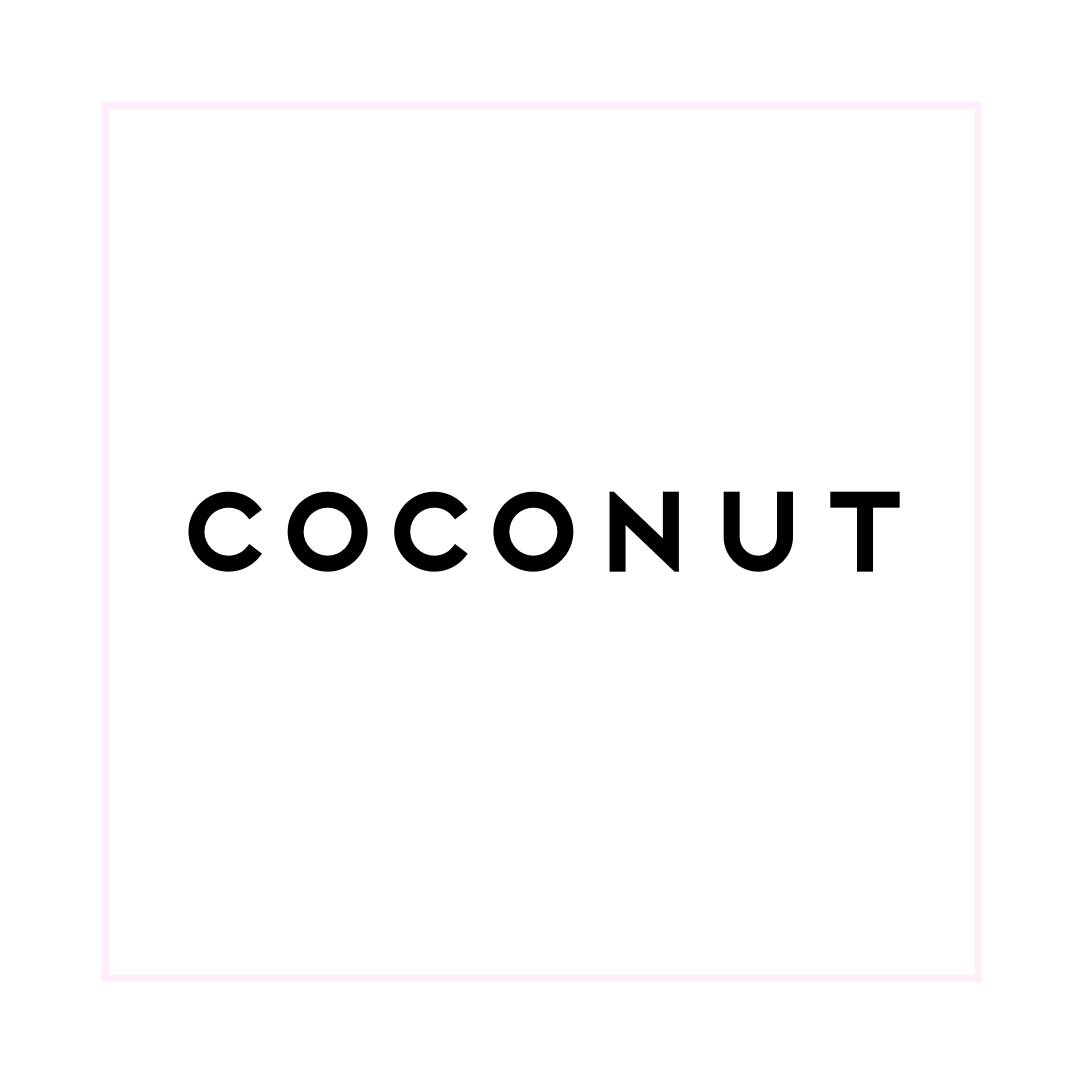
What is coconut & where does it come from?
Coconut is a common fruit/nut/seed (it can be classed as all 3!) found on coconut palm trees in tropical climates. A typical coconut tree can bear many coconuts per harvest and live for around 100 years. We use coconuts as a food source, to drink the milk or water within and it's also a common natural beauty and make up ingredient too due to the numerous benefits for our skin that mainly come from the oil extracted from the coconut's flesh.
How is coconut oil extracted?
Traditionally coconut oil is harvested by hand and then the coconut flesh is crushed and filtered to create a pulp. Water is then added and massaged to get the oil to naturally float to the top before it is collected and gently heated to remove the water.
Today it's still mainly hand harvested but machinery using centrifugal force which helps to extract the oil.
How is coconut used in beauty products?
Coconut oil
Coconut oil is known for being easily absorbed into the skin without leaving a residue so it’s great for moisturising deeply and thoroughly. This is because the oil contains triglycerides (ester of fatty acids) which attract protein molecules and can help to repair the collagen layer. It’s also naturally antibacterial and anti-fungal so is good for staving off breakouts and even moisturises oily skin types. You'll find it in suncreams, moisturisers and soaps.
Sodium Cocoate
Sodium cocoate is a surfactant that helps bind natural beauty ingredients together. It's a salt derived from coconut acid which can sometimes be listed as coconut oil on plain english versions of INCI lists. You'll find it in soap based products and cleansers.
Coco glucoside
Coco glucoside is naturally derived from coconut oil and combined with fruit sugar. It's used as a cleansing agent.
What are the skincare benefits of coconut?
Coconut oil is around 50% lauric acid which is what helps it to be so easily absorbed by the skin and hair. There's also myristic acid which helps to cleanse and purify the skin; caprylic and capric acids which are anti-bacterial and anti-fungal and help to soothe skin; Vitamin A which helps cell turnover and anti oxidant Vitamin E which all help to boost coconut oil's reputation as a great all round skincare saviour.
What beauty products will you find coconut in?
Coconut oil can be found in most beauty products because of its versatile benefits. It makes a great natural cleanser and make up remover and you'll find it in lots of moisturising products like natural lip balms and natural haircare products because of its moisturising properties and easy absorption.
Is coconut oil in natural skincare products eco friendly?
On the face of it coconut oil is quite an eco-friendly plant extract. It's harvested by hand, generally pesticides and herbicides aren't used nor much mechanical machinery and you'll get multiple harvests from one tree over a hundred year period.
But there is some concern in the coconut oil farming industry that as demand has increased it's becoming a less eco-friendly and viable crop. Mangrove habitats are cleared to make way to new coconut tree crops which eradicates biodiversity and the non-native coconut trees need more chemical assistance from pesticides and herbicides to grow.
Look for Fairtrade, Rainforest Alliance and/or organically certified coconut oil products where possible to ensure you're choosing a more sustainable coconut oil.
Is coconut oil suited to all skin types?
Generally coconut oil can be used for all skin types, however, it can be an irritant and cause redness or rashes so always do a patch test. Coconut oil is comedogenic so can block pores. If you're susceptible to congested pores, breakouts or blackheads maybe consider just using it in wash-off skincare products only.
Coconut INCI Names
Cocos nucifera
Sodium cocoate
Coco glucoside

